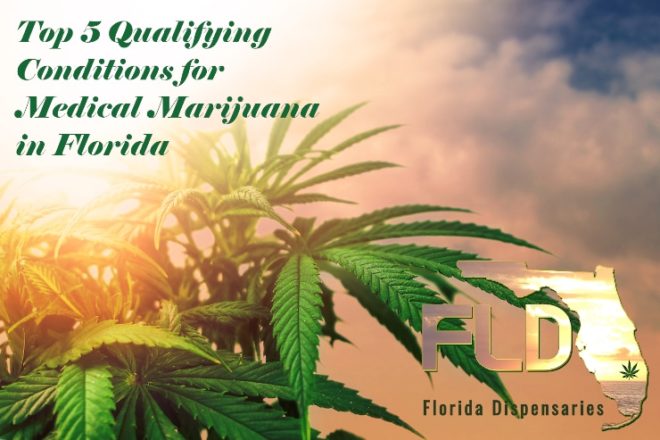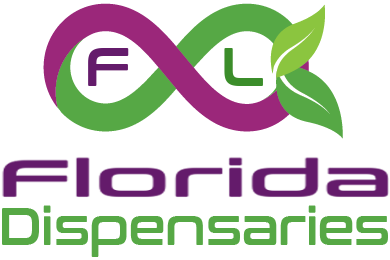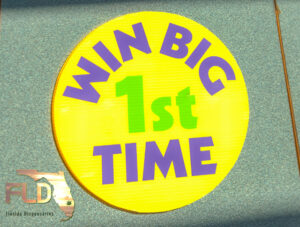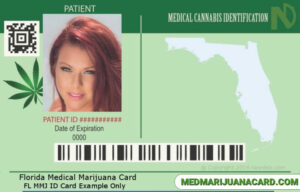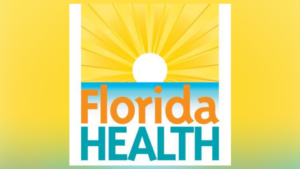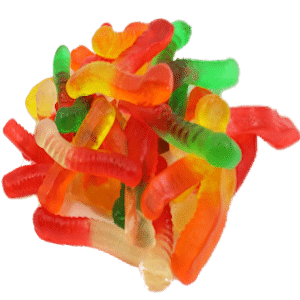Florida Medical Marijuana 101: Understanding the Basics
Medical marijuana is legal in Florida for registered patients with qualifying medical conditions. This alternative medicine can be used to manage symptoms and alleviate pain associated with conditions such as cancer, epilepsy, glaucoma, HIV/AIDS, Crohn’s disease, Parkinson’s disease, and more.
There are several types of medical marijuana products available in Florida from dispensaries throughout the state, including smokable whole flower, infused edibles, tinctures, oils, and more. Patients should consult with their physician to determine the most appropriate type of medical marijuana for their condition.
To get a medical card in Florida, one must get a recommendation from a qualified physician and register with the state’s Medical Marijuana Use Registry.
Medical marijuana in Florida provides registered patients with an alternative treatment option for managing symptoms and improving their quality of life, but it is important for patients to be informed and responsible in its use.
Smokable Whole Flower In Florida
In Florida, the use of smokable whole flower cannabis by registered medical marijuana patients is allowed. However, there are some rules and regulations that must be followed:
1. Only Florida medical marijuana card holders are allowed to buy and use smokable whole flower cannabis from local dispensaries. To become a registered patient, one must have a qualifying medical condition and visit with MMJ doctor for a recommendation.
2. Smoking is only permitted in private places, such as one’s own home. It is illegal to smoke cannabis in public places, including parks, beaches, and restaurants.
3. The possession of smokable flower is limited to four ounces for registered patients. Patients are not allowed to grow their own plants, so all cannabis products must be purchased from a licensed dispensary.
Overall, smokable whole flower cannabis is legal for medical use in Florida for registered patients, but there are rules and regulations that must be followed to ensure compliance with state law.
Rules for Infused Edibles
In Florida, registered medical marijuana patients are allowed to buy and use infused marijuana edibles. Infused marijuana edibles must be properly labeled with the following information: the date of production, the name of the edible, the ingredients, the recommended serving size, and the total amount of THC in the product.
Marijuana edibles must be added to your recommendation by your MMJ doctor. MMTC’s may produce edibles in the form of baked goods, candy, chocolate, drink powders, etc.
A single serving of an edible may not exceed 10 milligrams of THC.
A multi-serving edible cannot exceed a total of 200 milligrams THC.
To minimize attraction to children, edibles in Florida cannot be produced in primary or bright colors. The use of natural or artificial colors is prohibited. They may not be produced in any shapes other than simple geometric shapes such as a square, circle, rectangle and triangle.
Edible cannabis products may not be decorated with icing, sprinkles, or other toppings of any kind or resemble any commercially available candy.
Florida Marijuana Cards
Get a Medical Marijuana Card in Florida
To learn more about Getting Your Florida Medical Marijuana Card, follow the link to visit out complete guide.
If you’re ready, Fill Out The Patient Registration Form, and a participating MMJ doctor clinic representative will contact you. Legal Residents Only Please

MMJ Patient Registration Form

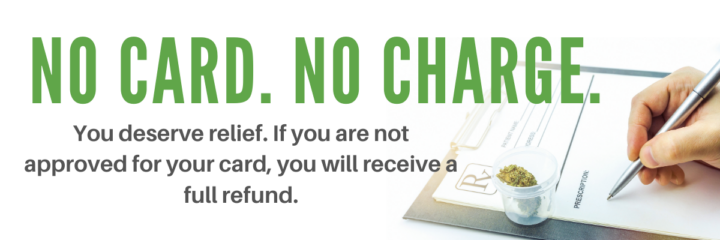
Qualifying Conditions
When Florida first enacted a very limited medical marijuana program back in 2014, the only qualifying medical condition was severe epilepsy or a terminal illness. Voters approved an initiative in 2016 which amended the state’s constitution to not only expand the medical qualifications of the program but also to create a state-regulated medical marijuana market.
Here’s the current list of qualifying conditions list in Florida:
- Cancer
- Epilepsy
- Glaucoma
- HIV/AIDS
- Crohn’s disease
- Parkinson’s disease
- Multiple sclerosis (MS)
- Post-traumatic stress disorder (PTSD)
- Amyotrophic lateral sclerosis (ALS)
- A terminal condition diagnosed by a physician other than the qualified physician issuing the physician certification
- Medical conditions of the same kind or class as or comparable to those above
- Chronic nonmalignant pain caused by a qualifying medical condition or that originates from a qualifying medical condition and persists beyond the usual course of that qualifying medical condition.
- Additional Conditions That Have Qualified Patients
In addition to these qualifying conditions, doctors may approve a similar illness for which they deem medical marijuana will be effective. This essentially takes the decision of who gets to use medical marijuana out of the hands of Florida lawmakers and puts in the hands of doctors, where it belongs.
About Florida Dispensaries
Florida dispensaries provide registered medical marijuana patients with access to a variety of products to help manage their qualifying medical conditions. Medical marijuana is legal for registered patients who can buy regulated cannabis products from licensed dispensaries throughout the state.
There are currently over 700 dispensaries operating in Florida, with many offering a range of products including smokable whole flower, infused edibles, concentrates, tinctures, oils, and more. Many offer 1st time patient discounts as well as other dispensary discounts. Visit our main dispensary page here for more information as well as our dispensary near me map.
The History of Florida Marijuana Laws
Several attempts were made to legalize medical marijuana in Florida between 1978 and 2014 with no success. Then, in 2014, Florida legislators passed the “Charlotte’s Web” bill, a measure which allowed the use of low-THC, high-CBD extracts for the purpose of treating a short list of serious conditions such as intractable epilepsy. Lawmakers expanded the program in 2016 to permit terminally ill patients to use medical marijuana, with no restrictions on THC levels. The first dispensary of low-THC cannabis didn’t open until July of 2016.
That same year, advocates were able to get the “Compassionate Medical Cannabis Act of 2014” onto the November 2014 ballot. The bill fell just 2.5% short of the 60% of yes votes needed to pass the constitutional amendment.
The next year, in 2015, a number of municipalities including Miami-Dade County, Tampa, Key West, and Orlando began allowing officers to cite adults found in possession of marijuana rather than arrest them.
Things began to change in 2016 when Amendment 2 passed with a popular vote of 71%. The legislation established a full-blown medical marijuana program. Then, in special session, the senate passed bill SB8A which created strict regulations that applied to Amendment 2, such as making it illegal to purchase dried flower and to grow cannabis at home.
In 2017, the Florida Legislature passed a law to prevent patients from using smokable marijuana. That same year, two bills were introduced to decriminalize possession of small amounts of marijuana. However, the Senate Criminal Justice Committee “temporarily postponed” review of the bills.
In the spring of 2018, Leon County Circuit Court Judge Karen Gievers heard a case brought by People United for Medical Marijuana and Florida for Care on behalf of two medical patients which challenged the legislature’s attempt to restrict patients’ options and prohibit the use of dried cannabis flower. Judge Grievers ruled that patients “have the right to use the smokable forms of medical marijuana for treatment of their debilitating medical conditions as recommended by their certified physicians.”
On March 18th, 2019, Governor Ron DeSantis signed smokable marijuana in Florida into law.


